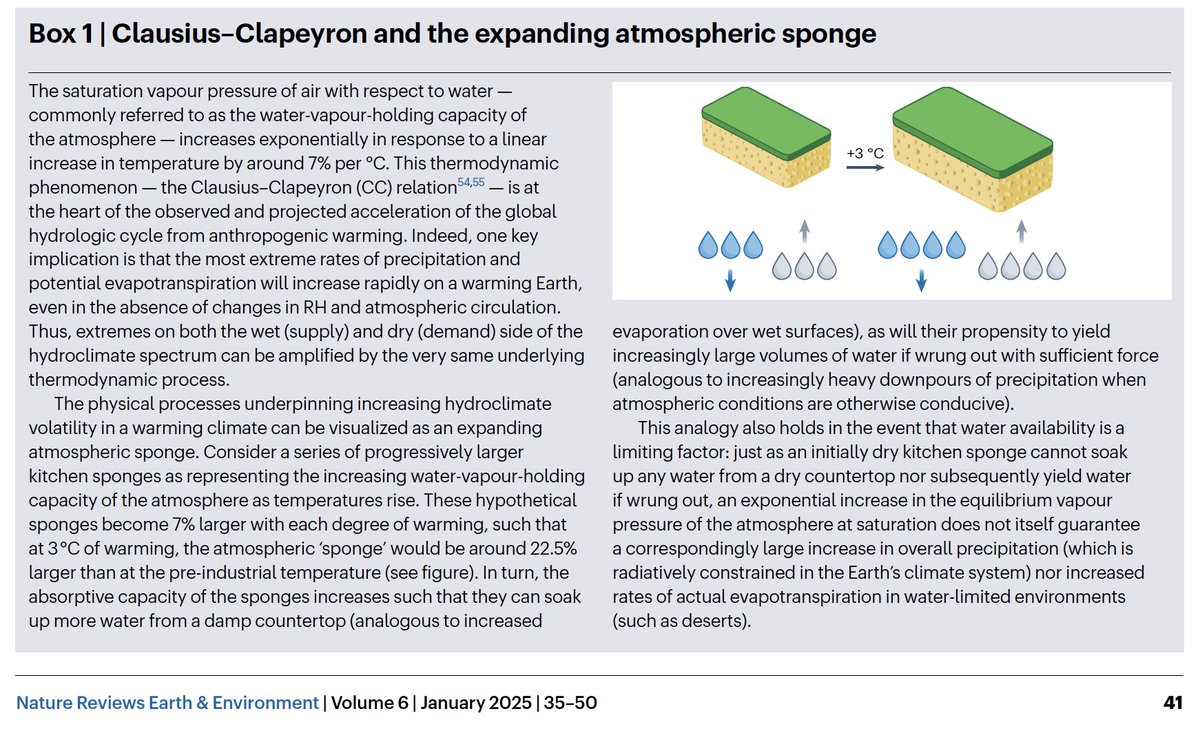The upcoming Arctic outbreak across Central U.S. is going to be the "real deal". Temperatures will likely rival anything seen in 30 years (or even longer!) across portions of the Central Plains. In a warming climate, that's saying quite a lot. #COwx #NEwx #WYwx #KSwx (1/6) 

Temperatures will fall, in incredibly dramatic fashion ( of the course of just a few hours) by 40 or more degrees in some areas as a powerful Arctic front pushes through. Temperatures will plummet well below zero (-20 to -30F) across a broad region, w/even lower windchills. (2/6) 

This level of cold will be potentially dangerous even in places accustomed to pretty low temperatures in winter, since even those spots haven't seen temperatures this low in 30 or more years. This will be especially true across portions of Wyoming and Colorado. #WYwx #COwx (3/6) 

One personal reflection as a climate scientist currently living in Boulder: it's plausible that these are the coldest temperatures I'll experience in this part of the world for the rest of my life, given the strong and sustained winter warming trend due to #ClimateChange. (4/6) 

Winters across essentially the entire U.S. have been getting warmer in recent decades, with decreases in both the duration and magnitude of extreme cold in most places. #ColdSnap #ClimateChange #ArcticBlast (5/6) 

Finally, a brief note about amplified Arctic warming & its influence on mid-latitude cold snaps: right now, evidence suggests that although warming Arctic may well have regional/seasonal effects on jet stream, it's probably not causing more extreme winter cold in N. America.(6/6)
• • •
Missing some Tweet in this thread? You can try to
force a refresh










